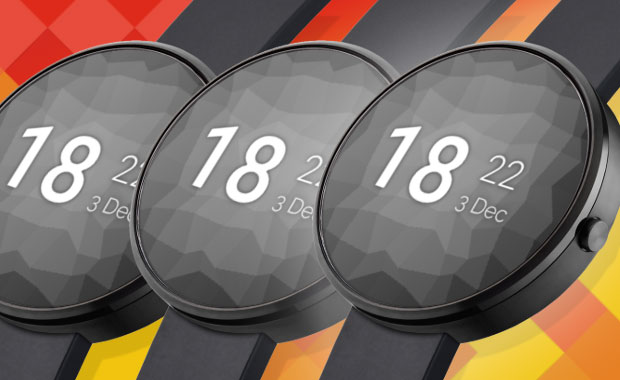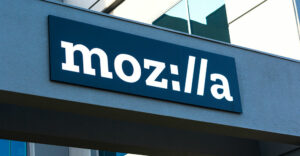Can a new smartwatch operating system based on Linux breathe some new life into the smart wearables market? Florent Revest hopes so.
Revest, a French computer science student, on Wednesday announced the alpha release of AsteroidOS, an open source operating system that will run on several Android smartwatch models.
“Many users believe that the current proprietary platforms can not guarantee a satisfactory level of control over their privacy and hardware,” noted Revest, who has been working on his OS for two years. “Hence, I noticed a need for an open wearable platform and AsteroidOS is my attempt to address this issue.”
The alpha edition of AsteroidOS contains some basic apps: agenda, for scheduling events to remember; an alarm clock; a calcuator; music, for controlling the music player on a phone; a stopwatch; a timer and a weather app.
The OS will run, more or less, on the LG G Watch, LG G Urbane, Asus ZenWatch 2 and Sony Smartwatch 3, Revest noted. Bluetooth works only on the G Watch, though.
Uphill Battle
Launching an open source mobile operating system can be a daunting and seemingly futile task.
“This has been tried repeatedly in the past and has failed,” said Jack E. Gold, principal analyst at J.Gold Associates.
So far there’s only been one open source success story in the mobile market, and that’s been Android — which eventually was consumed by Google and closed off, noted Patrick Moorhead, principal analyst at Moor Insights and Strategy.
“Firefox, Meego and Ubuntu have tried this and, unfortunately, haven’t met with success,” he told LinuxInsider.
Breaking From Past
However, Revest’s focus on smartwatches may give his OS a better chance of success than past open source efforts had, said Charles King, principal analyst at Pund-IT.
“There’s certainly no guarantee that AsteroidOS can breathe life into so stagnant a market — but at the same time, the new OS won’t encounter the barriers it would in more mature markets, such as smartphones,” he told LinuxInsider.
“There’s a hole in the market for this,” said Ross Rubin, principal analyst at Reticle Research.
“Unlike the phone and tablet market, where you can use the Android open source platform and build something based on that, there really hasn’t been much for smartwatches,” he told LinuxInsider.
Google offers a form of Android for wearables, but it can’t be modified the way the open source version of Android can.
Narrow Appeal
While Revest envisions growth of AsteroidOS as an open source community builds around it and it becomes compatible with more devices, broad adoption may be a long shot.
Manufacturers who produce custom phones for target markets, such as low cost phones for emerging markets, might be interested in AsteroidOS, suggested Gold.
However, “you can do this with Android-Linux already,” he told LinuxInsider, “and with a new OS, there will be no availability of apps, so the devices will be very unattractive.”
Chinese phone makers who use open source Android may use AsteroidOS to produce very inexpensive smartwatches, said Rubin, “but inexpensive smartwatches haven’t been driving the market. Pebble was an inexpensive smartwatch, and look what happened to it.”
The early adopters of the OS will be Linux enthusiasts and hobbyists, King said. Since the OS can work on older watches, early users likely will run the software on second-hand hardware.
“That’s a dynamic that drove significant early interest in Linux during the mid- to late-1990s, when people ported the OS to a wide variety of x86-based PCs and servers that were well past their prime,” King recalled.
Many of the initial users of AsteroidOS likely will be developers and Linux evangelists, he said. “If AsteroidOS can gain a foothold with them, it could well spark commercial interest and adoption further down the road.”
Pebble Crushed
Revest’s announcement came on the same day that news broke that one of the pioneers in the smartwatch market, Pebble, has been purchased by Fitbit, reportedly for US$40 million.
Fitbit, a fitness band maker, made the purchase to acquire key personnel and intellectual property. The deal does not include Fitbit’s hardware, which will be discontinued.
The smartwatch market took a tumble in the third quarter, according to IDC.
Shipments of wearable products were up 3.1 percent — to 23.0 million from 22.3 million in the same quarter a year ago — the firm reported earlier this week.
“It’s still early days, but we’re already seeing a notable shift in the market,” observed IDC Senior Research Analyst Jitesh Ubrani. “Where smartwatches were once expected to take the lead, basic wearables now reign supreme.”






















































Anything that gives control of wearable tech back to the user is going to be good. Android and Apple cripple their devices to protect their older tech.